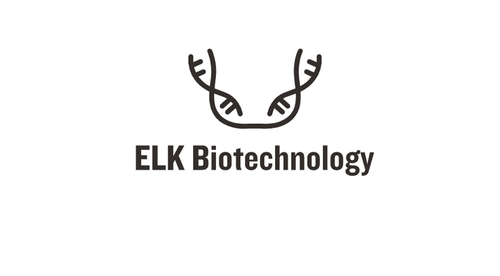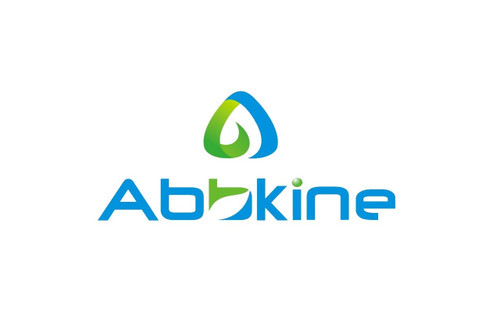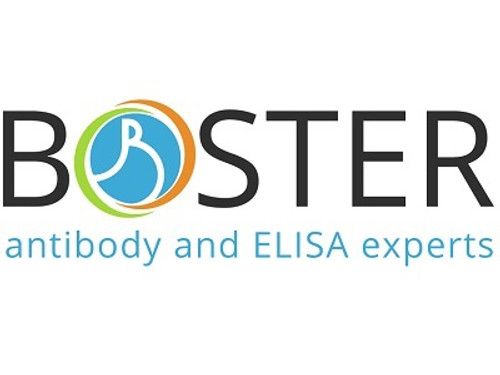Product Description
Human Peptidase inhibitor 16 (PI16) ELISA Kit | AE27559HU | Abebio
Species Reactivity: Human (Homo sapiens)
Abbreviation: PI16
Alternative Name: CRISP9; DKFZp586B1817; MGC45378; MSMBBP; PSPBP; PSP94-binding protein|microseminoprotein; beta-binding protein|protease inhibitor 16
Application: ELISA
Range: 0.312-20 ng/mL
Sensitivity: 0.156 ng/mL
Intra-Assay: ≤4.4%
Inter-Assay: ≤8.2%
Recovery: 0, 88
Sample Type: Serum, Plasma, Other biological fluids
Detection Method: Sandwich
Analysis Method : Quantitive
Test Principale: This assay employs a two-site sandwich ELISA to quantitate PI16 in samples. An antibody specific for PI16 has been pre-coated onto a microplate. Standards and samples are pipetted into the wells and anyPI16 present is bound by the immobilized antibody. After removing any unbound substances, a biotin-conjugated antibody specific for PI16 is added to the wells. After washing, Streptavidin conjugated Horseradish Peroxidase (HRP) is added to the wells. Following a wash to remove any unbound avidin-enzyme reagent, a substrate solution is added to the wells and color develops in proportion to the amount of PI16 bound in the initial step. The color development is stopped and the intensity of the color is measured.
Product Overview: PI16 is a putative serine protease inhibitor. PI16 may serve as a marker following prostatectomy for prostate cancer. This protein binds with high affinity to PSP94. PI16 expression is enhanced after serum stimulation of primary cardiomyocytes and is rapidly secreted into the conditioned medium of cardiomyocytes. PI16 is overexpressed in the hypertrophic and failing heart and inhibits cardiomyocyte growth. Suppression of endogenous PI16 expression in primary cardiomyocytes significantly enhances cardiomyocyte size. Transgenic mice overexpressing PI16 in a cardiomyocyte-specific manner show normal cardiac function but have smaller hearts with hypotrophic cardiomyocytes.
Stability: The stability of ELISA kit is determined by the loss rate of activity. The loss rate of this kit is less than 5% within the expiration date under appropriate storage condition. The loss rate was determined by accelerated thermal degradation test. Keep the kit at 37°C for 4 and 7 days, and compare O.D.values of the kit kept at 37°C with that of at recommended temperature. (referring from China Biological Products Standard, which was calculated by the Arrhenius equation. For ELISA kit, 4 days storage at 37°C can be considered as 6 months at 2 - 8°C, which means 7 days at 37°C equaling 12 months at 2 - 8°C) .
 Euro
Euro
 USD
USD
 British Pound
British Pound
 NULL
NULL












